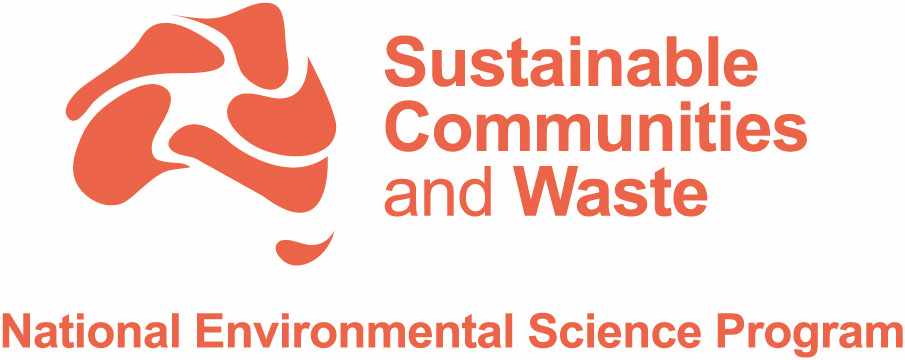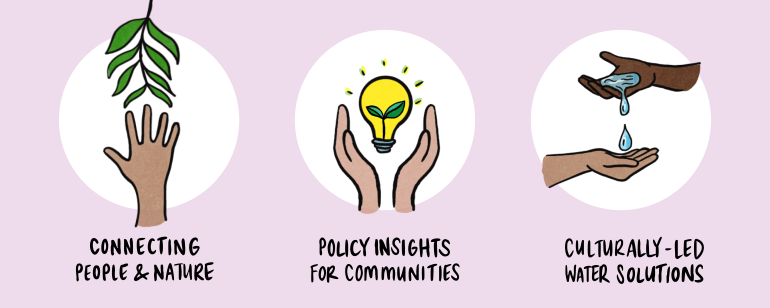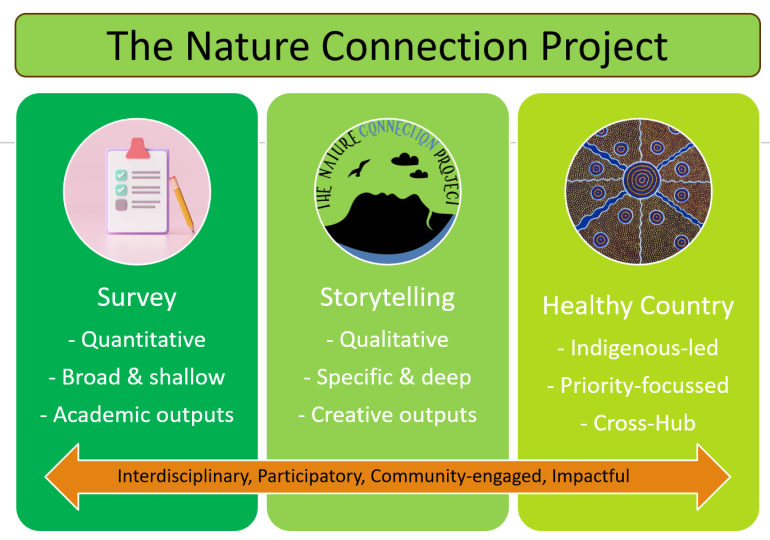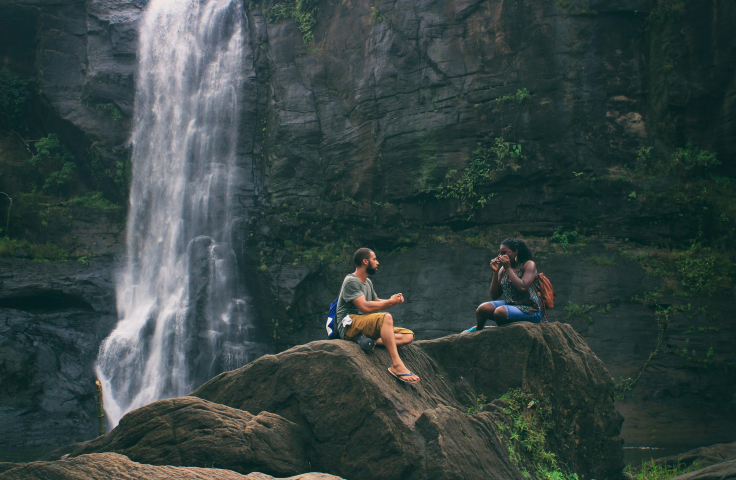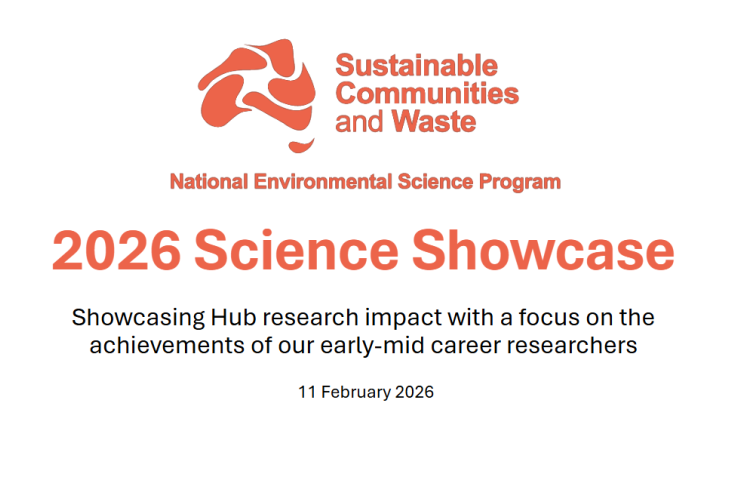Understanding how people interact with their environment is key to creating sustainable communities. Impact Priority 1 (IP1) explores ways to strengthen the connection between people and nature, ensuring that environmental policies and programs support both human wellbeing and ecosystem health. Our research is focused on two major areas:
Understanding how fostering a connection with nature can benefit people and places in Australia.
Why?
Nature plays a crucial role in human health and wellbeing, but modern lifestyles often limit our connection to the environment. Strengthening this relationship can lead to positive outcomes for mental health, social cohesion, and pro-environmental behaviours. For these reasons, the number one goal in Australia’s Strategy for Nature is to ‘connect all Australians with nature’. This project explores how we are tracking towards that goal, how nature connection influences wellbeing and pro-environmental behaviours in Australia and how we can create pathways to achieve that goal for the benefit of people and environments in Australia.
Who?
Project lead:
- Dr Emily Flies, University of Tasmania
Project team:
- Dr Pauline Marsh, University of Tasmania
- Dr Kate Sollis, University of Tasmania
- Professor Jason Byrne, University of Tasmania
- Rob Anders, University of Tasmania
- Dr Vishnu Prahalad, University of Tasmania
What?
This project explores various ways to enhance nature connection through:
- Indigenous-led research – Elevating Indigenous perspectives on human-nature relationships.
- Urban greening – Investigating the benefits of and pathways for green spaces in cities.
- Nature-based solutions – Exploring policies and programs that use natural systems to address social and environmental challenges.
- Nature connection survey – Collecting nationwide data on people’s connection to nature and its relationship with wellbeing and pro-environmental behaviours.
- Nature storytelling – Using community-driven storytelling to highlight personal and cultural relationships with nature Find the website here:
What’s coming?
- Key findings from the nature connection survey.
- Case studies from urban greening and nature-based solutions research.
- A digital collection of nature connection stories.
- Policy recommendations to integrate nature connection into planning and wellbeing initiatives.
Project Outputs
Policy Maker Summary: Nature Connection and Pro-Environmental Behaviours (2025)
Summary: Nature connection and wellbeing in Australia (2025)
Summary: Measuring, understanding and enhancing nature connectedness (2025)
Infographics: Benefits of Nature Connection Study (2024)
Report: Nature Connection Storytelling (2024)
Report: Inclusive urban greening (2024)
Workshop Report: Inclusive urban greening in regional areas (2023)
Report: The Human Values of Dark Skies: Light Pollution as an Emerging Justice Issue (2023)
Summary: Measuring what matters for Australia: Executive Summary (Dec 2022)
Presentation: Measuring what matters for Australia (Dec 2022)
Report: Nature Based Solutions (2023)
Health and Wellbeing Benefits of Caring for Nature (Mar 2023)
Factsheet: Connecting with Nature
Nature Connection Storytelling Project: Codesign workshop report (June 2023)
Supporting effective and appropriate water planning and management approaches and capabilities for regional and remote communities and reinvigorating first nations voices, knowledge and science in water systems.
Why?
Access to sustainable, clean water is critical for community resilience and liveability. However contemporary approaches to water planning and management have had limited success to date in supporting outcomes for first nations peoples and many communities outside of metropolitan areas particularly those in regional and remote settings. The need for culturally and contextually appropriate approaches to enhance local capabilities has been recognised as an urgent national policy priority. So too, is the need to foster systems of water governance that enable a self-determination, self-definition and a reinvigoration of traditional cultural customs, knowledge and science for the enhancement of water environments and cultures throughout Australia.
Who?
Project lead:
- Dr Paul Satur, Monash
Project team:
- Dr Kate Harriden, Monash
- Dr Stephen Cook, CSIRO
- Dr Francesca Perugia, Curtin
- Shamima Aktar, Curtin
- Assoc Prof. Mohammad Swapan (Late), Curtin
What?
This project supports better water governance through:
- Enhancing Place-based and Country-centered capabilities for water management – Identifying challenges and solutions for enhancing capabilities and enabling local leadership in water planning and management.
- Indigenous water knowledge – understanding the systems change requirements for Incorporating and invigorating traditional water management practices, science and knowledge.
- Aquanullius’ research – Exploring water justice and governance issues.
- Policy and planning guidance – Providing evidence-based recommendations for the reform of water governance systems and frameworks to improve regional and remote outcomes and those for First Nations Peoples.
What’s coming?
- Locally led Case studies on place-based water management throughout regional and remote Australian settings.
- Research insights on water governance and Indigenous knowledge integration.
- Resources for policymakers and regional water service providers.
- A regional and remote water capability building platform to foster network or practice, information exchange, fit-for-purpose tools and guidance, funding, revenue and resource support.
Project outputs:
Report: Water Camp25 - Understanding, identifying & resisting aqua nullius (Feb 2026)
Presentation: Water Sensitive and Liveable Communities in Regional and Remote Australia (Oct 2025)
Report: Understanding, identifying & resisting aqua nullius (Jan 2024)
